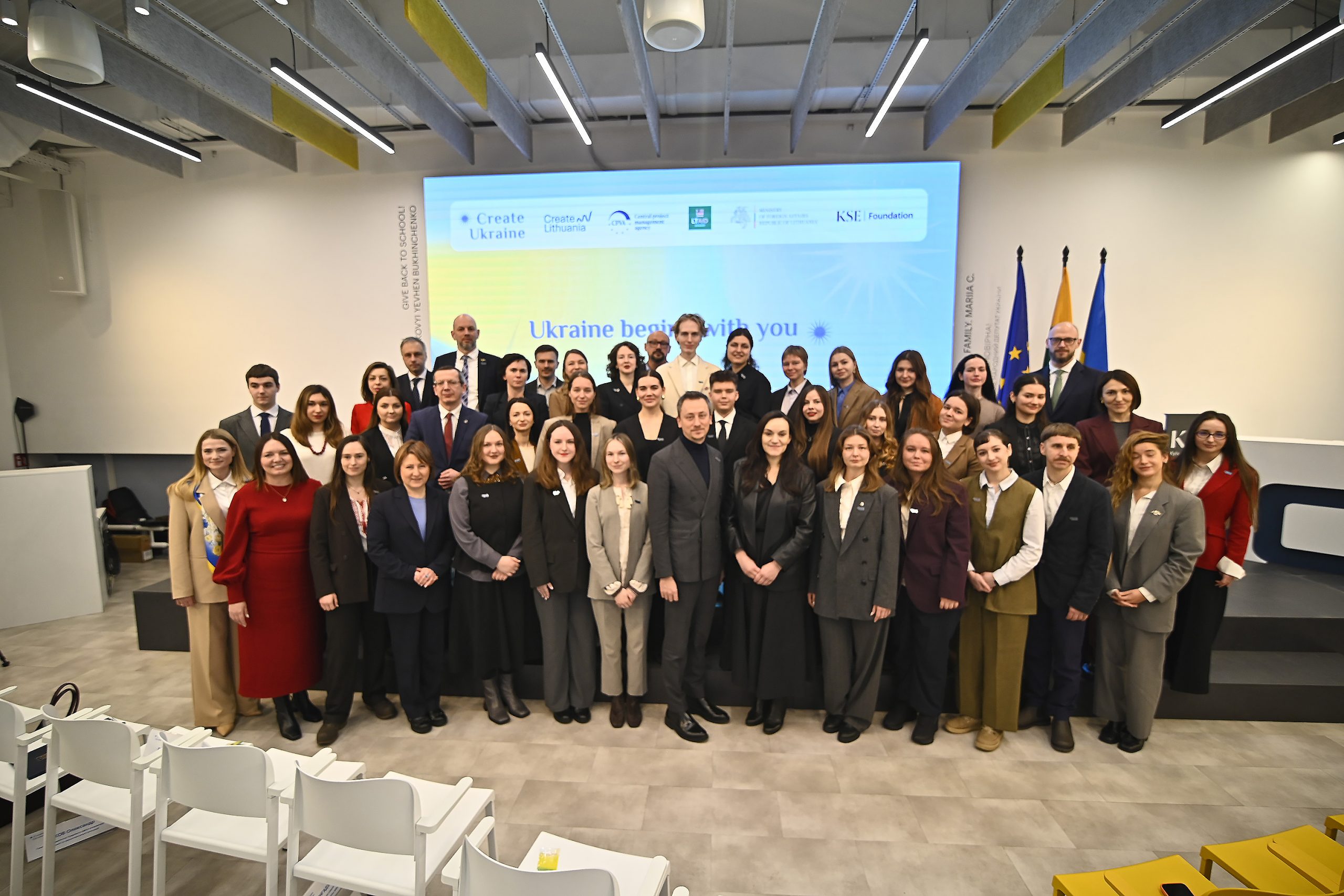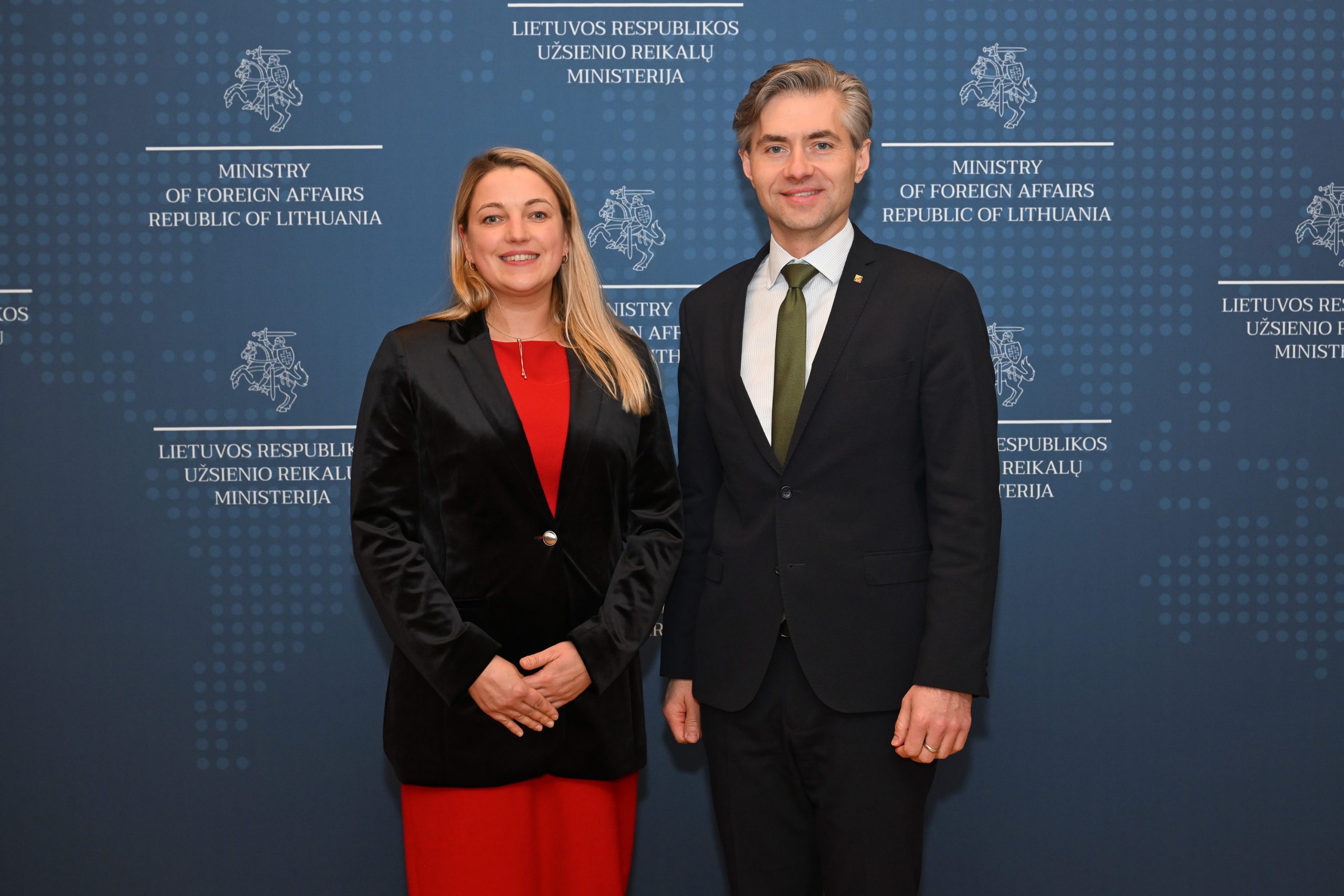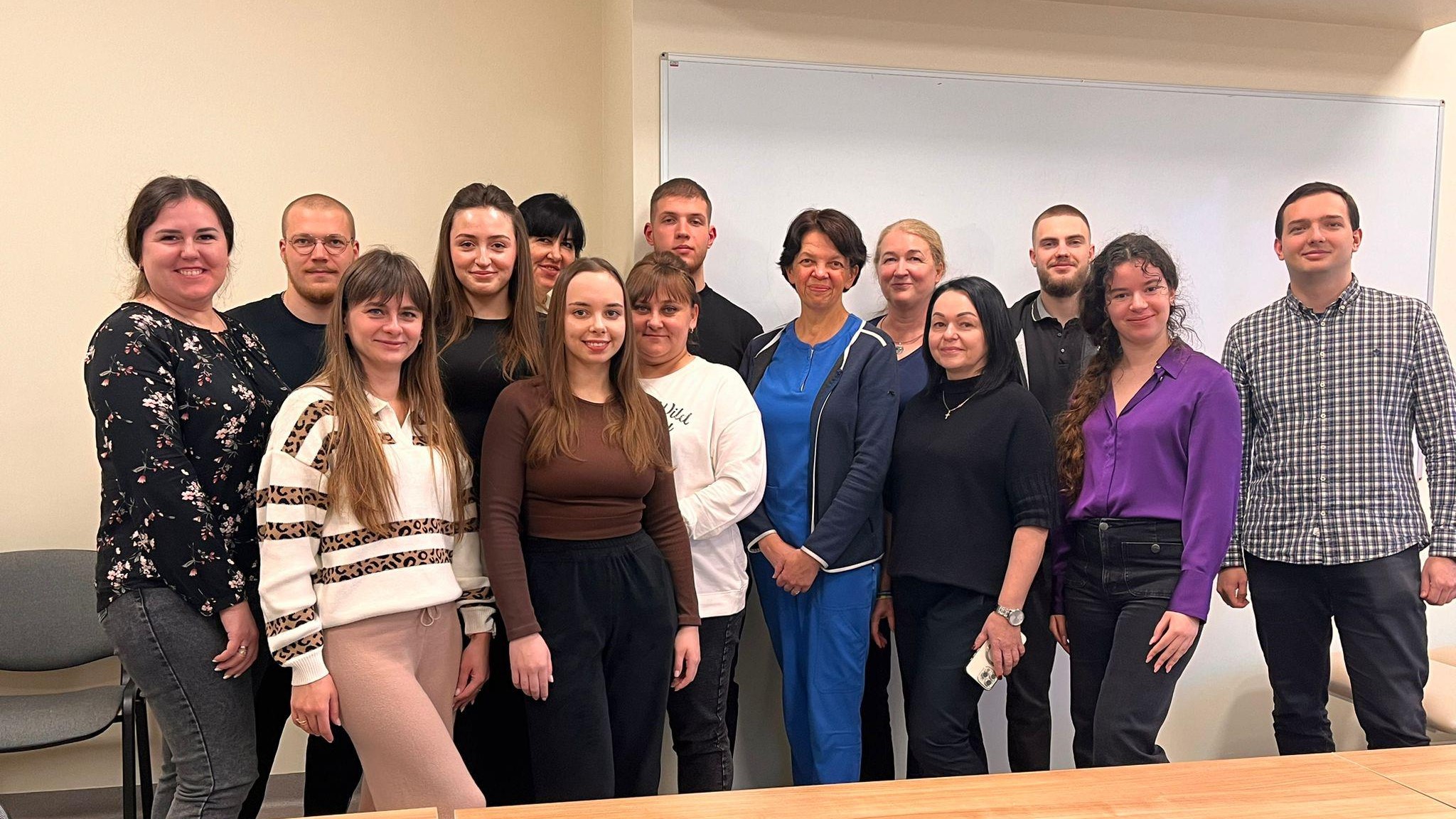10 February, 2022 marks a new beginning in the governance of the European Humanities University (EHU). On this day EHU Trust Fund Donors’ Assembly presented new rules for the management of the Fund, discussed the next steps to be taken to ensure the long-term and smooth continuity of the EHU’s activities and funding, and talked over how to attract even more donors to the University’s Trust Fund. During the meeting, the Rector of the EHU, Professor Sergei Ignatov, and his colleagues presented the EHU’s Annual Work Plan 2021-2022, which reflected ambitions of the EHU and the progress made in implementing it.
The EHU Trust Fund will be managed by CPVA
From this year, the Trust Fund will be coordinated by the Central Project Management Agency (CPMA), which has a long experience in managing programmes and projects funded by the European Union, international donors and Lithuanian State budget. The aim of the Fund is to consolidate the donor support received by the EHU and to ensure efficient and centralised management of financial resources.
“The establishment of the EHU Trust Fund marks the beginning of a qualitatively new phase of the University’s activities. We are convinced that the new partnership and cooperation with CPVA will significantly contribute to the financial and institutional stability of EHU, which in turn will open new perspectives for Belarusian students” – commented the Rector of EHU Prof. Sergei Ignatov.
The successful operation of EHU has for some time now hardly been possible without donor support: the tuition fees collected by the University cover only a fraction of its costs, and in the context of today’s topical issues it is particularly important to support and promote the independent education of Belarusian students based on European values. The University needs to focus on the quality of its studies and research activities. Strengthening the governance of the University and the functioning of the Trust also directly supports democratic processes.
“CPVA’s role in the programme is to ensure the efficient and transparent management of the newly established EHU Trust Fund, to contribute to the smooth cooperation between donors and the University, and to coordinate the technical assistance provided by the EU for the implementation of EHU’s Action Plan 2021-2026,” commented Lidija Kašubienė, Director of CPVA, during the donor assembly.
EHU is currently supported by various stakeholders such as the European Commission, the Swedish International Development Cooperation Agency SIDA, the Ministry of Foreign Affairs of the Republic of Lithuania and others.
Businesses and private donors are also invited to join EHU’s supporters by transferring their support through the Trust Fund.
The European Commission’s contribution is €4 million
As part of its consistent support for the building of a democratic Belarusian society, the European Commission has granted €4 million to the European Humanities University in Vilnius through the “EU4Belarus: Solidarity with the People of Belarus” programme. The support will be used to strengthen EHU’s administrative capacity, fund academic and research activities, balance the portfolio of academic programmes and improve distance and online learning.
The Central Project Management Agency, which manages the EU4Belarus programme funds, is responsible for the implementation of this international development cooperation support project.
EHU’s aim is to strengthen civil society by offering studies in the humanities and liberal arts
Lithuania has been a consistent supporter of the European Humanities University for many years. Founded in Minsk in 1992, the EHU was closed in Belarus in 2004 for political reasons. After receiving support from the Lithuanian Government, the European Commission, the Nordic Council of Ministers, the United States of America and several European countries, the University has resumed its activities in Vilnius. In 2006, the University was granted a permit to carry out studies and related activities in Lithuania.
The main activities of the EHU are university studies in the humanities, as well as research, creative, cultural and development cooperation activities. The University’s mission is to educate critically thinking, creative and responsible personalities to contribute to the creation of a democratic and free Belarus.
The University currently has around 800 students, the majority of whom are Belarusians.








